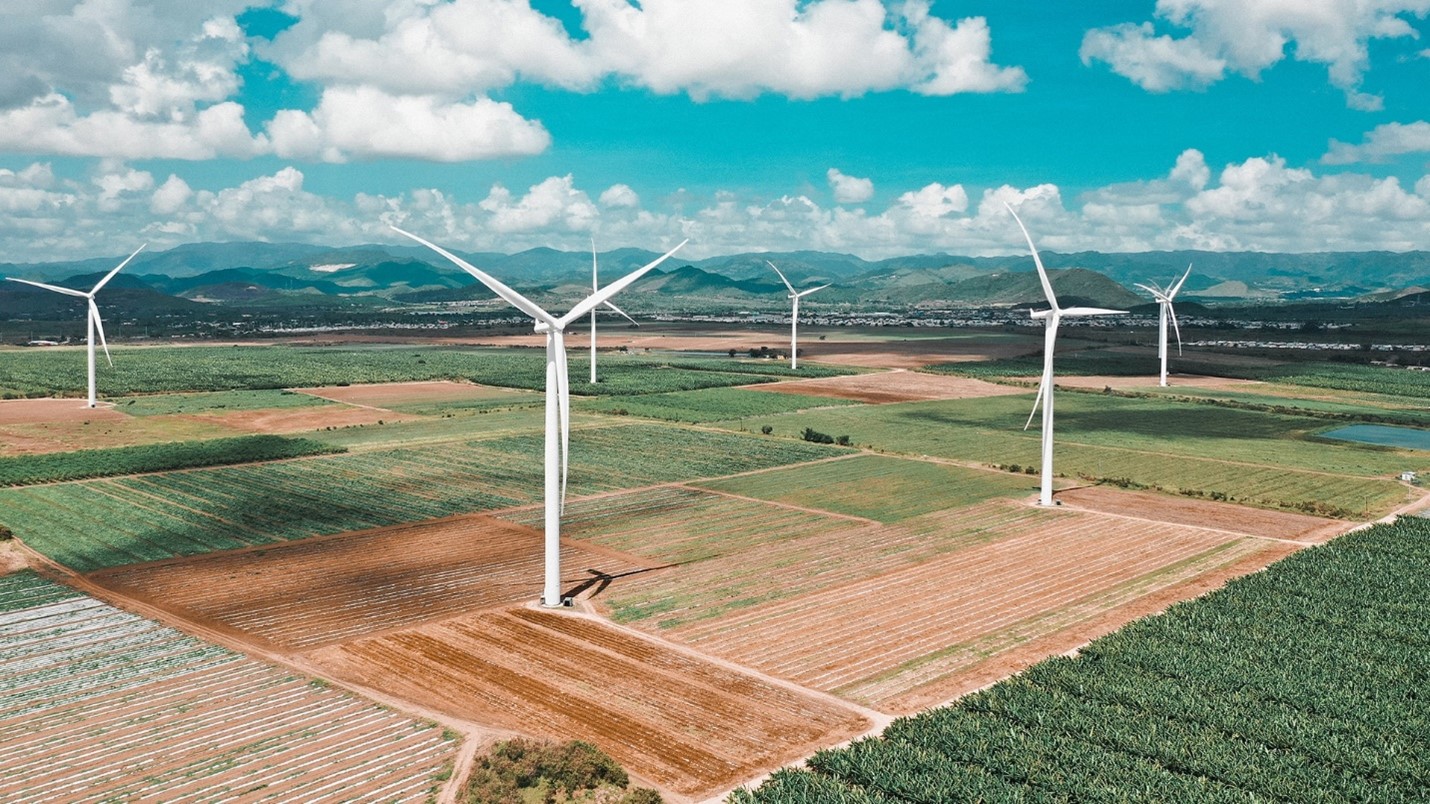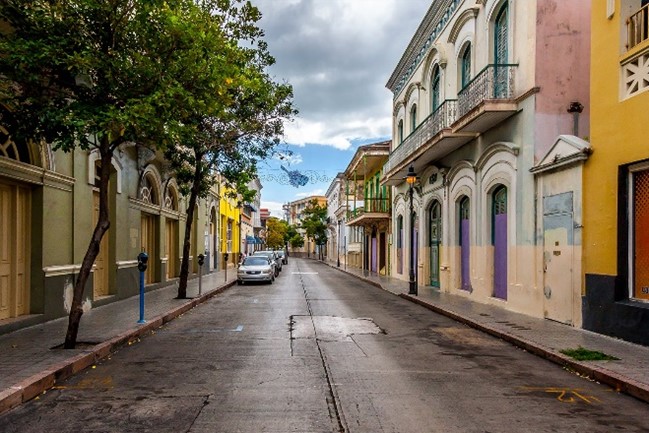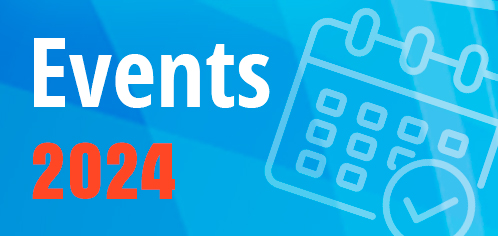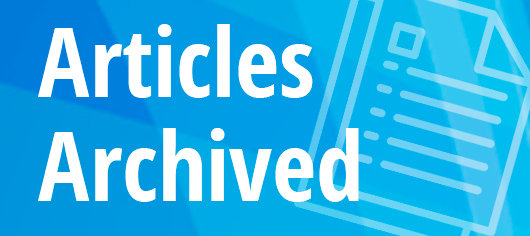Data Products Built by and for Puerto Rican Communities

The Opportunity Project Tackles Challenges Specific to Puerto Rico, Including Supporting Children’s Mental Health and Renewable Energy
The Opportunity Project (TOP) wrapped up 2022 with a collection of new federal open data products produced by and for Puerto Rican communities.
The products use data from the U.S. Census Bureau and other federal agencies to tackle a wide range of challenges, from creating uniform addressing systems across Puerto Rico to supporting growing efforts to transition the island’s energy grid to renewable energy sources.
Since June, Census Open Innovation Labs (COIL), which includes the TOP initiative, has worked with community, nonprofit and municipal government partners to help them build tools for local leaders to address these and other challenges, including growing parental engagement in education and developing the island’s workforce opportunities.
“These 12-week sprints rapidly bring solutions to market that would have otherwise taken months or years to create."
— Lorena Molina-Irizarry, senior advisor for Puerto Rico Strategy and Implementation at the U.S. Department of Commerce
As these 2022 sprints wrap up, dynamic new community tools are already emerging:
- A Children’s Vulnerability Index. The Center for Puerto Rican Studies at Hunter College used the Census Bureau’s American Community Survey data to build a Child Vulnerability Index Dashboard for Puerto Rico during a sprint led by the Department of Health and Human Services and Instituto del Desarrollo de la Juventud. The tool allows local children-focused nonprofits, community leaders, educators and policy analysts to determine where children are affected and most vulnerable to certain social conditions such as poverty, disability and lack of internet access.
- Improving Puerto Rico’s Addressing System (1). TOP tech team Social Solutions used FEMA’s USA Structures data to create a tool that allows people to more accurately identify building addresses and potential structural hazards. It also makes it easier for volunteers to help nonprofit organizations and community groups in these address-related efforts. This sprint was led by the Census Bureau and the U.S. Department of Housing and Urban Development.
- Airports and Renewable Energy. Forever Flight used USGS open data and Open Energy Data Initiative to create Thunderbird, a web-based platform that helps commercial airport leaders assess their renewable energy potential.
Growing Census Partnerships in Puerto Rico
These are just a few of the notable outcomes from TOP’s island-focused efforts. Several of the Puerto Rico-based sprints have yet to wrap up.
“These 12-week sprints rapidly bring solutions to market that would have otherwise taken months or years to create,” said Lorena Molina-Irizarry, senior advisor for Puerto Rico Strategy and Implementation at the U.S. Department of Commerce. “TOP is helping the Census Bureau, our federal and local partners to forge a brighter future for communities across Puerto Rico.”
All These and More at TOP Summit 2023
These products and many more will be presented February 22-24 at TOP Summit, the annual virtual conference where the COIL team convenes thousands of federal innovators, technologists, data experts, community advocates and other stakeholders.
The TOP initiative brings together technologists, government and community groups to rapidly prototype digital and other relevant solutions using Census Bureau and other federal open data.
To date, more than 1,500 people, 30 federal agencies, and hundreds of organizations have participated in TOP, leading to more than 200 new open data tools including apps, websites, mapping tools, data visualizations, games and more.
Learn more about TOP Summit and register.
Victoria Elizabeth Fine is a senior advisor for COIL.
(1) Street addresses are simple, right? Not in Puerto Rico.
While there’s some diversity in the format of addresses in the 50 states and District of Columbia, nothing compares to the diversity found in Puerto Rico street addresses.

In some parts of Puerto Rico, it’s not uncommon to have multiple addresses with the same street name and same house number in the same ZIP Code. Some rural areas don’t even have formal addresses for housing units.










